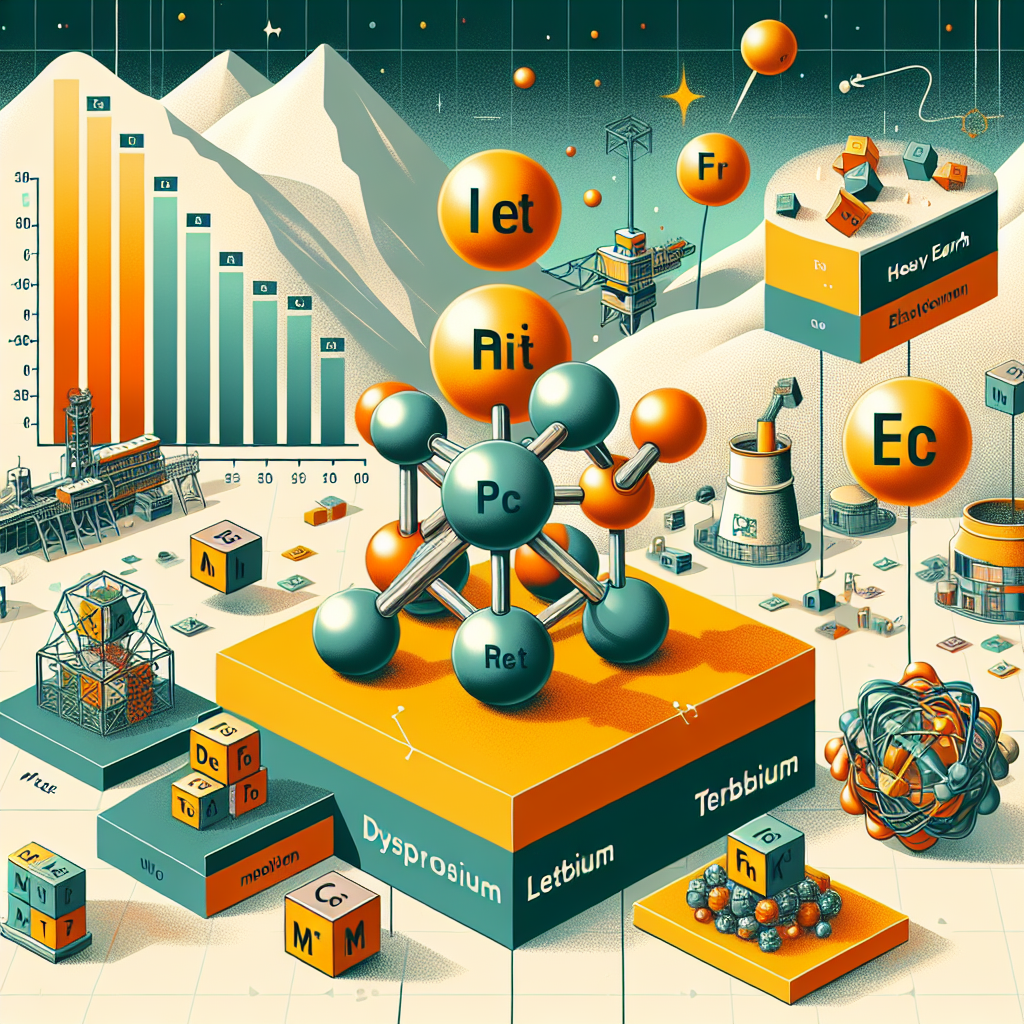Global Miners Eye Price Floors Amid Rare Earths Tensions
The G7 and EU explore price floors and taxes on Chinese exports to boost rare earth production, crucial for high-tech manufacturing. As China dominates global supply and enforces export controls, Western countries seek alternative solutions amidst rising tensions and supply chain threats.

Members of the Group of Seven (G7) and the European Union are contemplating implementing price floors and taxes on Chinese exports to stimulate rare earth production, according to four individuals familiar with the discussions. This move aims to bolster production critical for products such as cell phones, cars, and advanced weaponry.
In April, China—the predominant global producer of rare earths—introduced export controls in response to U.S. tariffs, impacting international buyers. Despite China's agreement in May to expedite licenses for European firms, growing bottlenecks signal potential setbacks for European automotive producers.
Amidst discussions about tightening foreign investment regulation in critical materials, G7 nations launched a Critical Minerals Action Plan. The debate includes geographical restrictions and taxes based on non-renewable energy usage. Price floors, supported by government subsidies, are under consideration to enhance local production capabilities.
(With inputs from agencies.)
- READ MORE ON:
- G7
- rare earths
- China
- export controls
- price floors
- EU
- critical minerals
- investment
- taxes
- production
ALSO READ
Drones in the Skies: The Growing Threat to European Airports
Drone Sightings Disrupt Northern European Airports: A Growing Concern
G7 and EU Strategize Price Floors to Secure Rare Earth Supply Chain
High Stakes: Moldova's Tightrope Election Amid Russia-EU Tensions
Controversial Autism Drug: Leucovorin's Surprising Approval and Its Potential Implications










